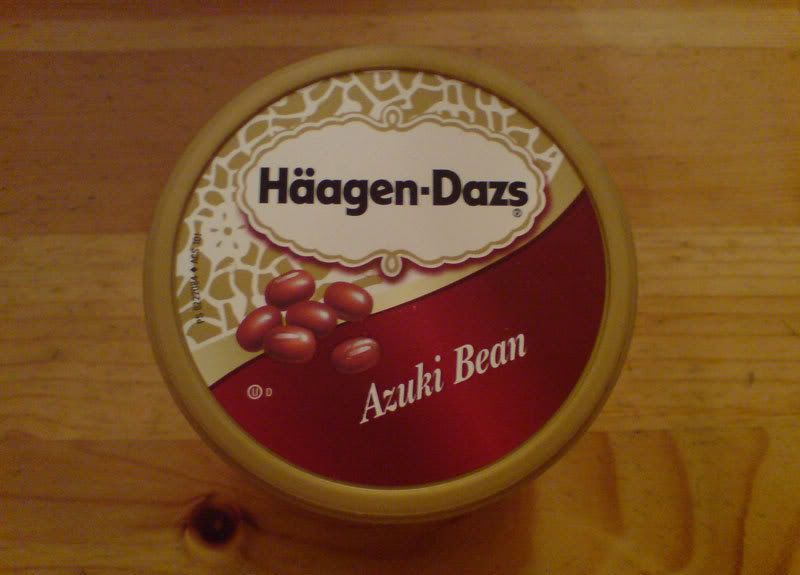This is the video of Jackie Chan's recent comments about Chinese people needing to be 'controlled' that sparked such an angry response from many Chinese commentators. His comments were made during an interview about mainland media regulation.
In case you hadn't heard, Yahoo News (and others) have reported that:
A group of mainland Chinese academics and media professionals wrote an open letter calling Chan the "spoiled brat" of the Chinese race.
"You are born in Hong Kong, a free Hong Kong which provides you with excellent conditions to become an internationally renowned martial arts star," the letter said.
"You are now the cream of the crop, and yet you don't know the importance of freedom."
There have even been calls for boycotts of Chan's movies and concerts. The main part of what Chan said that caused such anger was:
In these ten years -I grew up in Hong Kong- I slowly felt, I don't know how much freedom we should have. Too much freedom and we'll be like Hong Kong right now, very chaotic. Or become like Taiwan, also very chaotic. I slowly feel like we Chinese needs to controlled. If we're not being controlled, we'll just do what we want.
If we don't control things, we'll do things as we wish. Why can't I eat gum in Singapore? You would think that not being allowed to eat gum is correct. If I give you gum, some people might take the gum and stick it on tables, put it on chairs without self-respect."
It is hard to read such comments and not see them as being critical of Hong Kong, so I think the anger of people in the SAR is understandable.
But that initial controversy has spawned its own controversies with Chinese bloggers claiming Chan's words have been misinterpreted, with some even claiming that it is an evil Western conspiracy.
CN Reviews claims the furore is the fault of the evil 'Western media'
"Westerners look like they’re frothing at the bits to use anything they can to paint China in a negative political light: “Oh look, even lovable kung-fu funny-man Jackie Chan has betrayed his own, selling out both himself and his kind to the evil Communist regime!” To which the Western masses reply in unison: “Gasp!”"
That's an extreme reaction, I think. Chan's comments were indeed critical of Hong Kong, or 'his own', the place that made him a star. And I think most people would accept that Chinese entertainment figures are indeed very careful not to upset Chinese authorities in the interests of their career. I don't think that's a crazy invention of the Western media.
EastSouthWestNorth chose to interpret Chan's words differently, coming up with a translation that doesn't use the inflammatory word 'control':
If there is too much freedom, it becomes like Hong Kong today ... very chaotic ... furthermore, it becomes like Taiwan ... it is also very chaotic ... eh ... I have slowly come to realize that we the Chinese people need regulation ... If there is no regulation and we suddenly opened up, we can do whatever we want.
Even if that is a grammatically correct translation (and I'm not the one to judge that), I'm not sure if the meaning is exactly right as Chan actually talks about personal freedoms and behaviour before and after the quote in question - not the sort of things usually referred to in English as 'regulation'.
cfensi blog also chose to translate the line differently as:
"I slowly feel like we Chinese needs to control. If we don't control things, we'll do things as we wish."
i.e. not 'be controlled', but to do the controlling.
What seems to have been missed in all the analysis is that however you translate the comments, the point he is making is basically the same when you look at the entire speech.
I would suggest that what Chan actually meant in his off-the-cuff remark was that Chinese people need rule of law. If we don't have rule of law, we'll do things as we wish. I base that on the fact that he talks about freedoms in Hong Kong immediately before, and laws in Singapore immediately after the comment in question. Is that simple statement something many of us would dispute?
My take on this whole thing is that for Chan, being asked about Chinese media regulation put him in an uncomfortable spot because he recently had a movie banned in China for being too violent. The journalist may have been hoping the actor would make a comment about his own movie being denied a release but Chan chose (perhaps diplomatically) not to do that and instead broadened his answer to make a generalised statement that ended up being in favour of control (or regulation).
To me, it seems he was just performing a difficult balancing act whilst in an awkward position - something Jackie Chan is very used to doing!
Related: The journalist who asked the original question responds

No comments:
Post a Comment